A thirst for power: A case of West African leaders
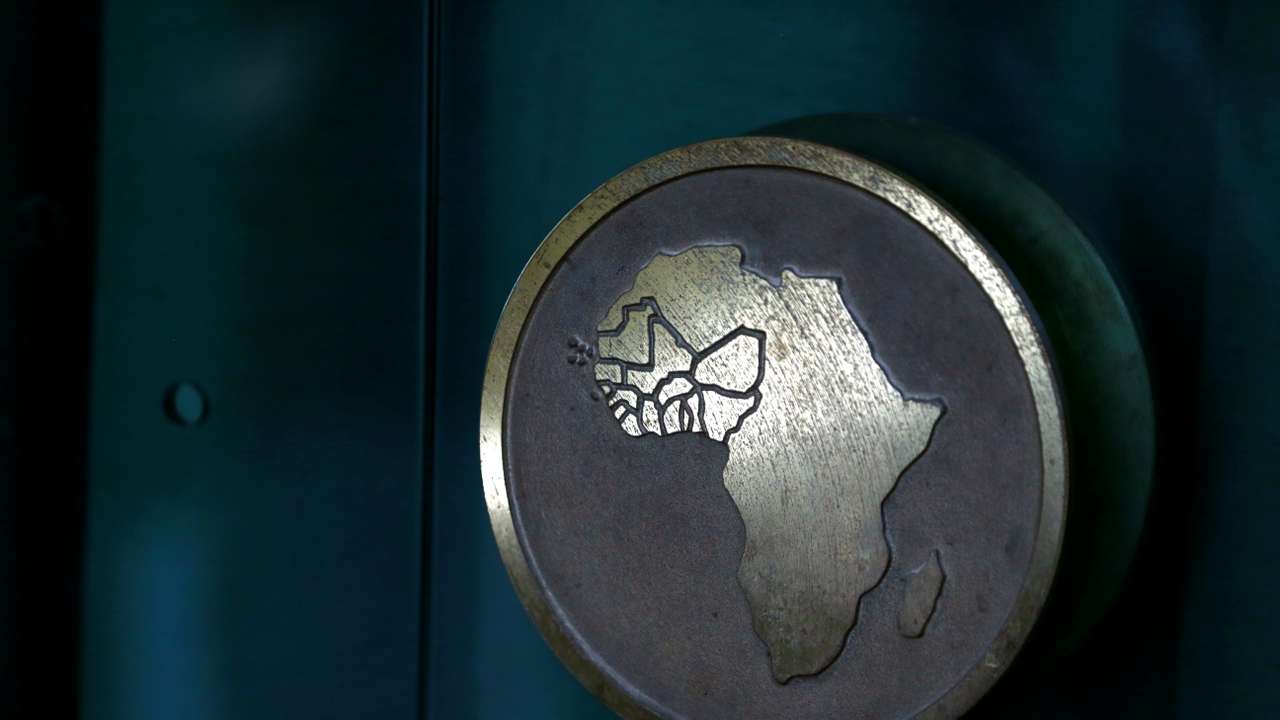
Africa’s political terrain has been one that has undergone several phases over the years. Since the 50’s, when the first Sub-Saharan African country, Ghana, gained independence from British colonial rule, the continent began to gain liberation from colonialism.
Leaders began to rise to take charge of the affairs of their countries, pushing for development and progress; but with this independence came power struggles, leadership transitions, and political volatility.
Many African countries have been characterized by power struggles, and an insatiable thirst for power sometimes even to the detriment of their citizens. These have led to coup d’états and upheavals that have occurred successively.
While some of these were to protest mismanagement and unequal development, others were to overthrow leaders who overstayed their terms of office.
Past leaders who clung on to power
Togo’s Gnassingbé
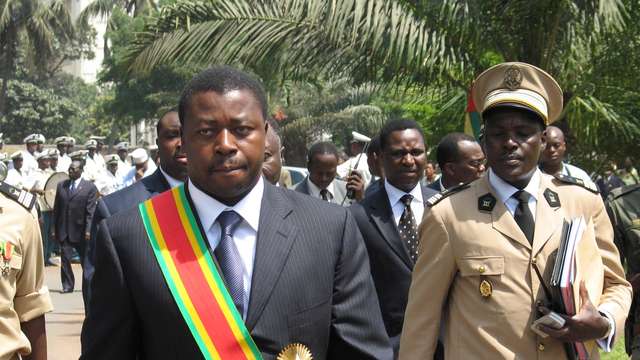
The Gnassingbé family has held on to power going on to over 55 years. From Étienne Eyadema Gnassingbé who was installed by the military after a takeover, to his son Faure who took over immediately after his father’s death. The family has been described widely as one of the longest-serving families in West Africa.
Eyadema is known to have ruled the country with an iron fist for 38 years under the Rally of the Togolese People until his demise in 2005. After highly contested election results, his son, Faure, took over power under the Union for the Republic (UNIR) and has been ruling Togo since 2005, raising concerns about a dynasty and undermining the democratic principles of the country.
Sierra Leone’s Siaka Stevens
Former President Siaka P. Stevens is credited with being one of 4 African leaders during his era to relinquish power after ruling Sierra Leone for 17 years.
He attained the position of a leader after a coup and later formed his party, the All People’s Congress (APC). He ruled as prime minister until later becoming president. Under his rule, he introduced the one-party system in 1978 marking the end of opposition party politics in the country and the beginning of all the economic and political instabilities in Sierra Leone.
He ruled from 1968 to 1985 under a regime that was described as manipulative, corrupt and repressive.
Yahya Jammeh of The Gambia
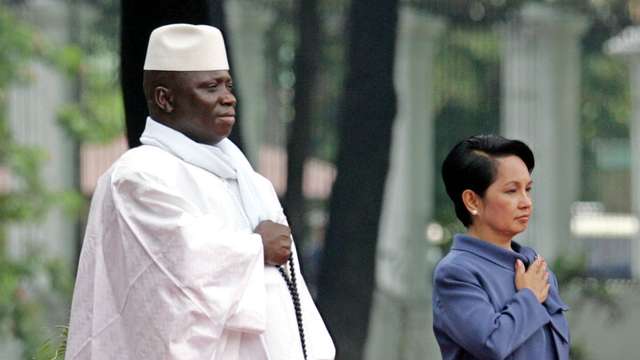
Until 2017 when he was replaced by the current president, Adama Barrow after losing the 2016 elections and fleeing to Equatorial Guinea, Yahya Jammeh had ruled Gambia for 22 years. Jammeh’s rule was fraught with accusations of killings and rapes.
He is known as one of the world’s most unconventional and ruthless leaders. Jammeh is reported to have said in a BBC report, “I will deliver to the Gambian people and if I have to rule this country for one billion years, I will, if Allah says so”.
He won four multi-party elections before his loss in 2016 which he disputed before his expulsion by a joint West African force.
Contemporary leaders who are continuing the trend
Paul Biya of Cameroon
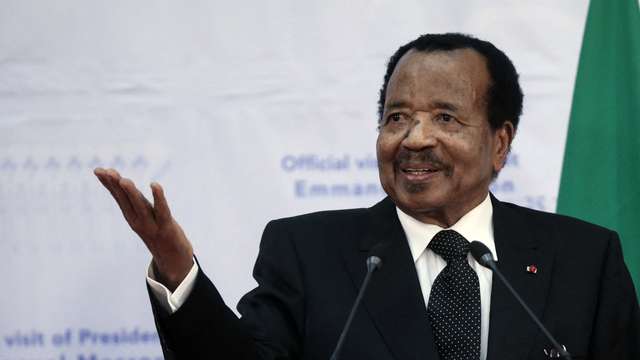
The oldest leader in sub-Saharan Africa, Paul Biya of Cameroon is still ruling the country after 41 years - since 1982.
The 89-year-old under his People’s Democratic Movement appears to have continuously won the votes of Cameroonians to remain in power. His reign is fraught with repression of freedom of expression and violence among others.
In 2022, Biya marked 40 years in power. Despite this, opposition parties have accused him of rigging elections for decades with the aim of staying in power till he dies; they want electoral reforms introduced.
Alassane Ouattara of Cote d'Ivoire
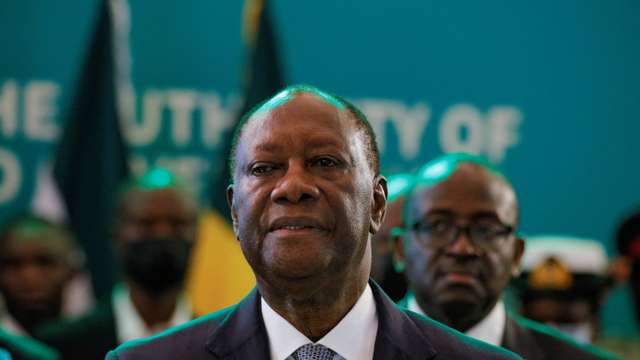
Ivory Coast’s elections in November 2020 were characterized by violence and clashes during the election period. Alassane Ouattara won a third term in office amidst much controversy. Opposition figures argued that Ivory Coast’s constitution has a two-term presidential limit, citing illegalities in Ouattara’s bid to run for a third term.
This was after he rescinded a previous decision to step down from the presidential race after the previous presidential nominee, Prime Minister Amadou Gon Coulibaly, died of a heart attack.
Alassane Ouattara became president in 2011 under the party, Rally of Houphouëtists for Democracy and Peace (RHDP).
Motivation
One thing runs through all of these instances where leaders stayed long in power; they assumed power after military takeovers.
In most of these cases, prolonged leadership has led to instability, human rights abuses, and chaos.
One thing is certain, democratic institutions need to be strengthened, constitutions need to work, and term limits need to be enforced to ensure peaceful leadership transitions, transparency, and diversity.